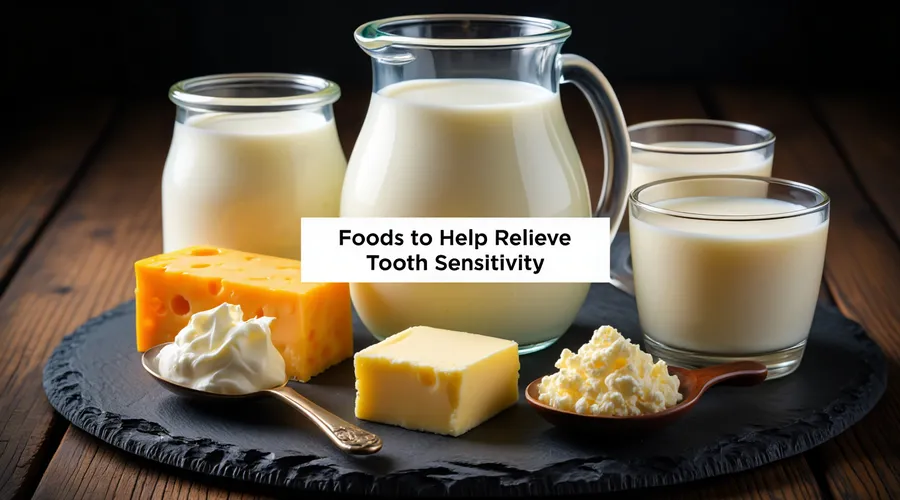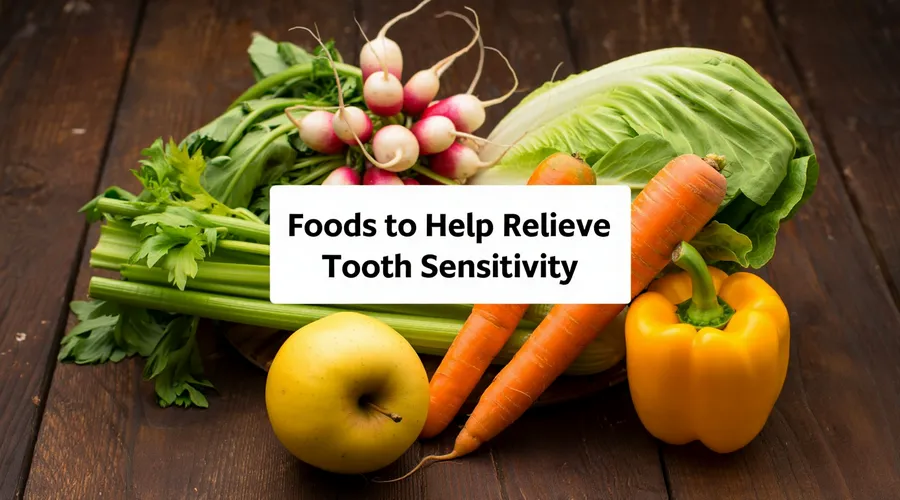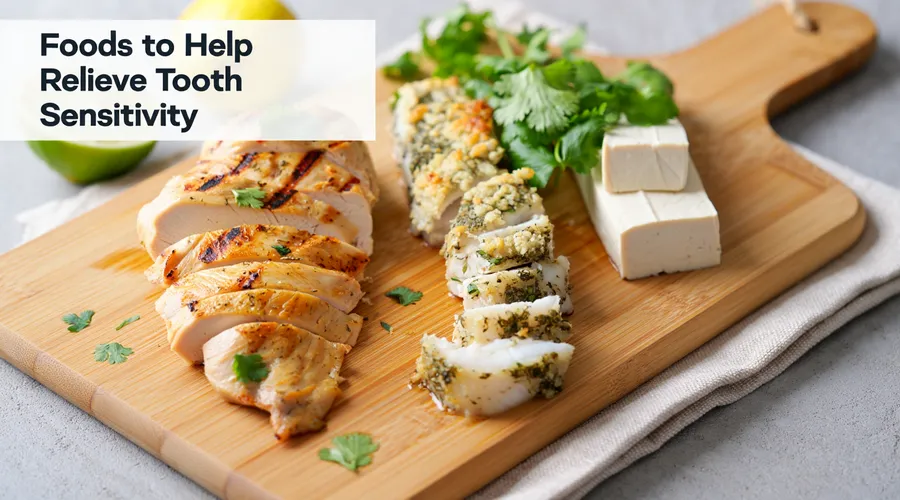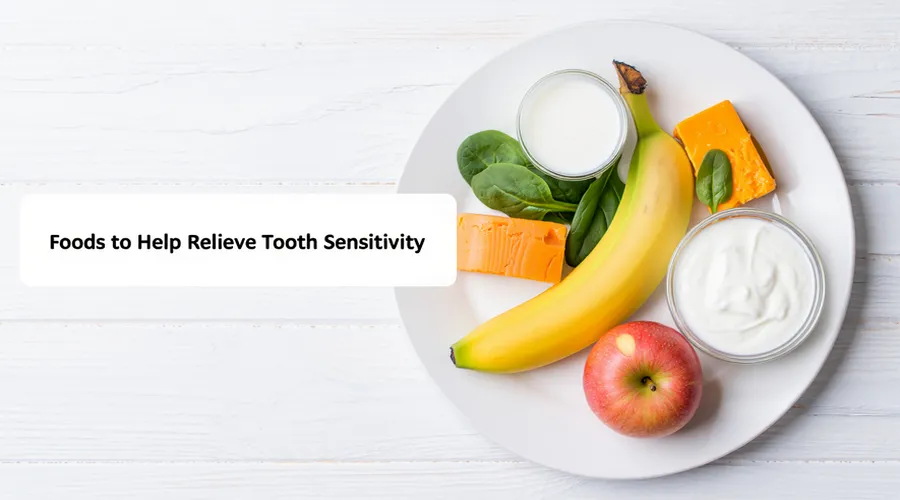Tooth sensitivity, that sharp, fleeting pain you experience when consuming hot, cold, sweet, or acidic foods, can be a major disruption to your daily life. While a dentist’s diagnosis and treatment are crucial, dietary choices can play a significant role in managing and minimizing discomfort. By understanding which foods to embrace and which to avoid, you can take proactive steps towards a more comfortable and enjoyable eating experience.
Managing tooth sensitivity with diet
One of the key principles in managing tooth sensitivity through diet is focusing on pH balance. Acidic foods erode tooth enamel, the protective outer layer of your teeth, exposing the dentin underneath, which contains microscopic tubules leading directly to the nerve. When these tubules are exposed, stimuli like temperature changes readily reach the nerve, causing pain. Therefore, prioritizing alkaline or neutral foods helps protect and remineralize enamel.
Dairy products

Dairy products, such as milk, yogurt, and cheese, are excellent sources of calcium and phosphates, minerals vital for remineralizing enamel. The calcium helps strengthen tooth structure, while phosphates buffer acids. Opt for plain, unsweetened varieties to avoid added sugars that can contribute to enamel erosion. The mild flavor and creamy texture of yogurt can also be soothing to sensitive teeth and gums.
Crunchy fruits and vegetables

Crunchy fruits and vegetables, like apples, carrots, and celery, offer a dual benefit. Their high water content helps rinse away food particles and acids from the mouth, acting as a natural cleanser. Furthermore, the chewing action stimulates saliva production, which further neutralizes acids and aids in remineralization. Just be mindful of the natural sugars in fruits and remember to brush your teeth after consumption.
Chicken, fish, and tofu

Lean proteins, such as chicken, fish, and tofu, are generally pH-neutral and don’t contribute to enamel erosion. They are also essential for overall health and tissue repair. Consider preparing them with mild seasonings and cooking methods that don’t involve excessive acids, such as steaming, baking, or grilling. Avoid marinades with vinegar or citrus juices, which can exacerbate sensitivity.
Vegetables with high fiber content
Certain vegetables, especially those with high fiber content, can be beneficial. Leafy greens like spinach and kale are rich in vitamins and minerals that support overall oral health. Cooked vegetables, like green beans and broccoli, are gentle on sensitive teeth and provide essential nutrients. Avoid acidic vegetables like tomatoes, especially when raw, as they can trigger pain.
Oats and brown rice
Whole grains, such as oats and brown rice, are generally less acidic than refined grains. They also provide sustained energy and essential nutrients. Opt for minimally processed versions and avoid adding sugary toppings. Oatmeal, in particular, can be a soothing and comforting breakfast option for those with sensitive teeth.
Ultimately
Managing tooth sensitivity through diet requires a balanced and informed approach. By prioritizing pH-neutral and enamel-strengthening foods, minimizing acidic and sugary options, and practicing good oral hygiene, you can significantly reduce discomfort and enjoy a wider range of culinary experiences. Remember to consult with your dentist for personalized recommendations and treatment options.
Want to schedule an appointment?
Mo-Fr 8:00 am – 5:00 pm
Sa 9:30 am – 3:00 pm

